AWS DevOps
What is AWS DevOps?
AWS DevOps is the practice of using AWS (Amazon Web Services) cloud computing services and tools in combination with DevOps methodologies to streamline and automate the software development lifecycle. This includes continuous integration, continuous delivery, and continuous deployment, which help teams deliver software faster, more reliably, and with better quality. AWS DevOps tools and services include AWS CodePipeline, AWS CodeBuild, AWS CodeDeploy, AWS CloudFormation, and more. By adopting AWS DevOps practices, organizations can improve their agility, reduce costs, and increase customer satisfaction.
About AWS DevOps
AWS DevOps is a practice that combines Amazon Web Services (AWS) cloud computing services and DevOps methodologies to enable organizations to build, test, and deploy software faster and more efficiently. DevOps is a software development methodology that emphasizes collaboration and communication between development and operations teams to streamline software delivery. AWS provides a wide range of tools and services that support DevOps practices, including continuous integration, delivery, and deployment.
AWS DevOps helps teams to automate the software development lifecycle, enabling them to focus on writing code and delivering value to their customers. AWS DevOps tools and services like AWS CodePipeline, AWS CodeBuild, AWS CodeDeploy, and AWS CloudFormation automate the building, testing, and deployment of applications, making it easier and faster to release new features and updates.
AWS DevOps is a subfield within the broader field of cloud computing. Cloud computing is generally divided into three main categories:
- Infrastructure as a Service (IaaS) - this provides access to computing resources like servers, storage, and networking on a pay-per-use basis, allowing users to build and manage their applications and services.
- Platform as a Service (PaaS) - this provides a platform on which users can build and deploy their applications, without having to worry about the underlying infrastructure.
- Software as a Service (SaaS) - this provides access to fully functional applications that are hosted and managed by a third-party provider, with users accessing the application through a web browser or other client.
Using AWS DevOps, organizations can benefit from faster time-to-market, better quality software, increased efficiency and productivity, and better security and compliance. It promotes collaboration and communication between teams, breaking down silos and creating a shared responsibility for software delivery.
What is AWS?
AWS (Amazon Web Services) is a cloud computing platform offered by Amazon, Inc. The AWS platform provides a comprehensive suite of cloud computing services, including storage, computing, networking, analytics, and application development.
AWS is a secure, scalable, and cost-effective cloud platform that supports a wide range of services and applications. The platform is designed to make it easy for developers and businesses to access the cloud and build, deploy, and manage applications quickly and efficiently. AWS allows customers to easily scale up or down as their needs change and provides reliable performance, high availability, and low latency.
AWS has a range of services available, from Infrastructure as a Service (IaaS) and Platform as a Service (PaaS) to Software as a Service (SaaS). IaaS provides customers with the ability to quickly provision and configure computing and storage resources in the cloud. PaaS allows developers to quickly build and deploy applications, and SaaS provides customers with access to complete applications, such as web-based email and word processing.
Here are some key points about AWS:
- Computing Power: AWS offers a variety of computing options, including EC2 (Elastic Compute Cloud), which provides virtual machines that can be configured and customized to meet the specific needs of the user. AWS also offers specialized computing options such as GPU instances for high-performance computing.
- Storage Options: AWS offers a range of storage options, including S3 (Simple Storage Service) for object storage, EBS (Elastic Block Store) for block storage, and Glacier for long-term archival storage.
- Networking Capabilities: AWS offers a range of networking capabilities, such as VPC (Virtual Private Cloud), which allows users to create their isolated network environments, and Route 53, which is a highly available and very scalable Domain Name System service.
- Database Services: AWS offers a variety of database services, such as Amazon RDS (Relational Database Service) for traditional relational databases and Amazon DynamoDB for NoSQL databases.
- Machine Learning: AWS provides a range of machine learning services, such as Amazon SageMaker, which allows users to build, train, and deploy machine learning models at scale.
- Security: AWS has a range of security features and services, such as Identity and Access Management (IAM), which allows users to manage access to their AWS resources, and AWS Key Management Service (KMS), which provides a secure way to manage encryption keys.
- Cost-Effective: AWS offers a pay-as-you-go pricing model, which means that users only pay for the services they use, without any upfront costs or long-term commitments.
- Global Infrastructure: AWS has a global infrastructure with data centers located in various regions around the world. This provides users with the ability to run their applications in multiple locations, improving performance and resilience.
Overall, AWS provides businesses with the ability to easily and efficiently scale their operations, while also providing a wide range of tools and services to help them build and manage their applications. The pay-as-you-go pricing model and global infrastructure make it an attractive option for businesses of all sizes.
Click on this link to explore various services offered by Amazon Web Services: aws.amazon.com
The Architecture of AWS DevOps
AWS DevOps is a set of tools and services designed to enable organizations to quickly and easily deploy, monitor, and manage their applications and infrastructure in the cloud. It helps to automate processes, reduce costs, and improve scalability and performance. It consists of a suite of services such as Amazon EC2, Amazon Elastic Beanstalk, Amazon S3, Amazon CloudWatch, Amazon Elastic Container Service, Amazon Kinesis, and Amazon Lambda. By leveraging these services, organizations can build, deploy, and manage applications quickly and securely in the cloud.
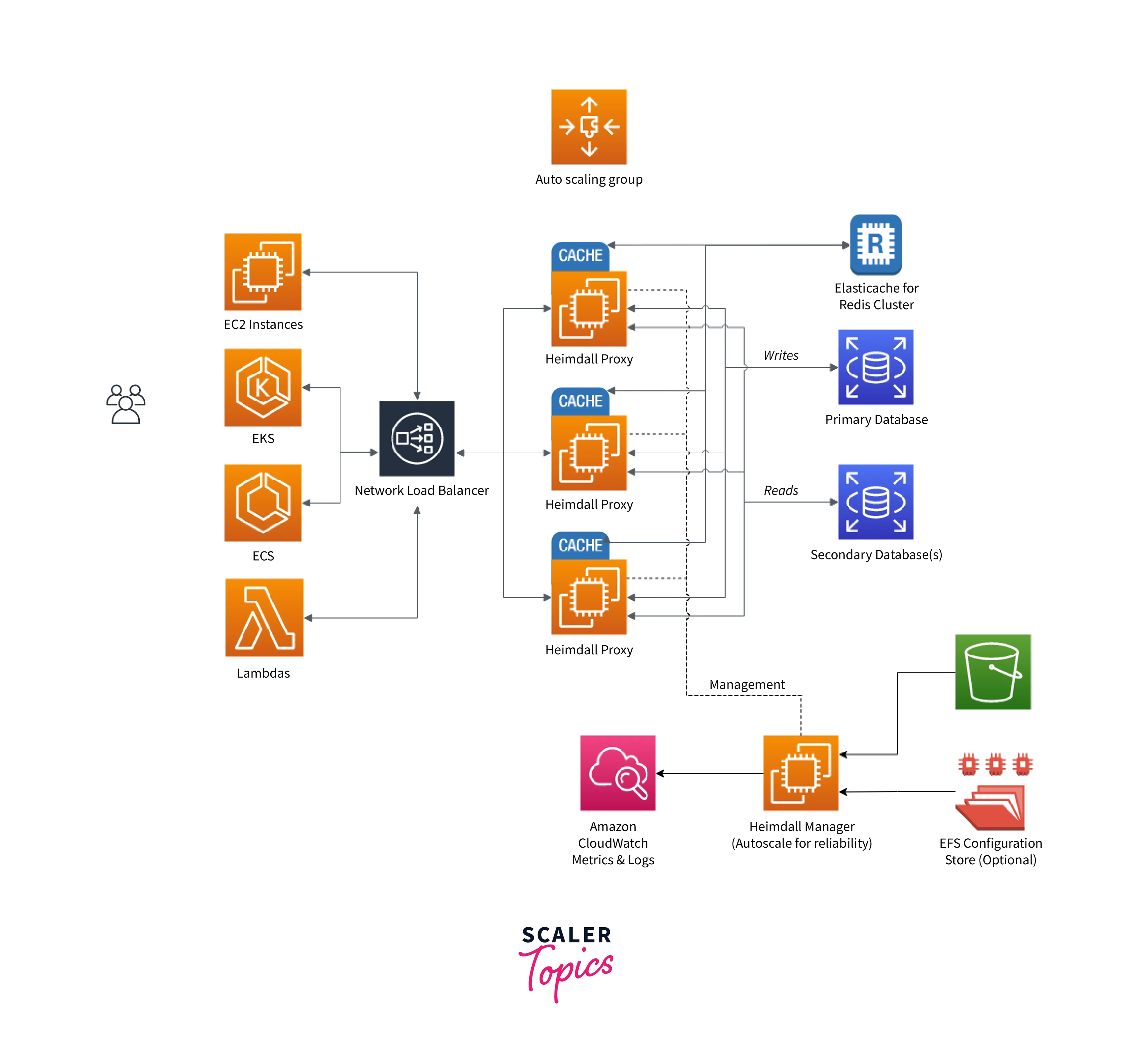
Load Balancing
In AWS, load balancing is achieved through the Elastic Load Balancing (ELB) service. ELB automatically distributes incoming traffic across multiple Amazon EC2 instances or other resources, helping to improve availability and scalability. ELB offers three types of load balancers:
- Application Load Balancer (ALB)
- Network Load Balancer (NLB)
- Classic Load Balancer (CLB).
ALB is best suited for web applications and uses advanced routing techniques, while NLB is designed for applications that require high network throughput. CLB is the legacy load balancer and is suitable for simple applications that do not require advanced features. ELB also integrates with other AWS services, such as Auto Scaling, to automatically adjust capacity based on traffic demand.
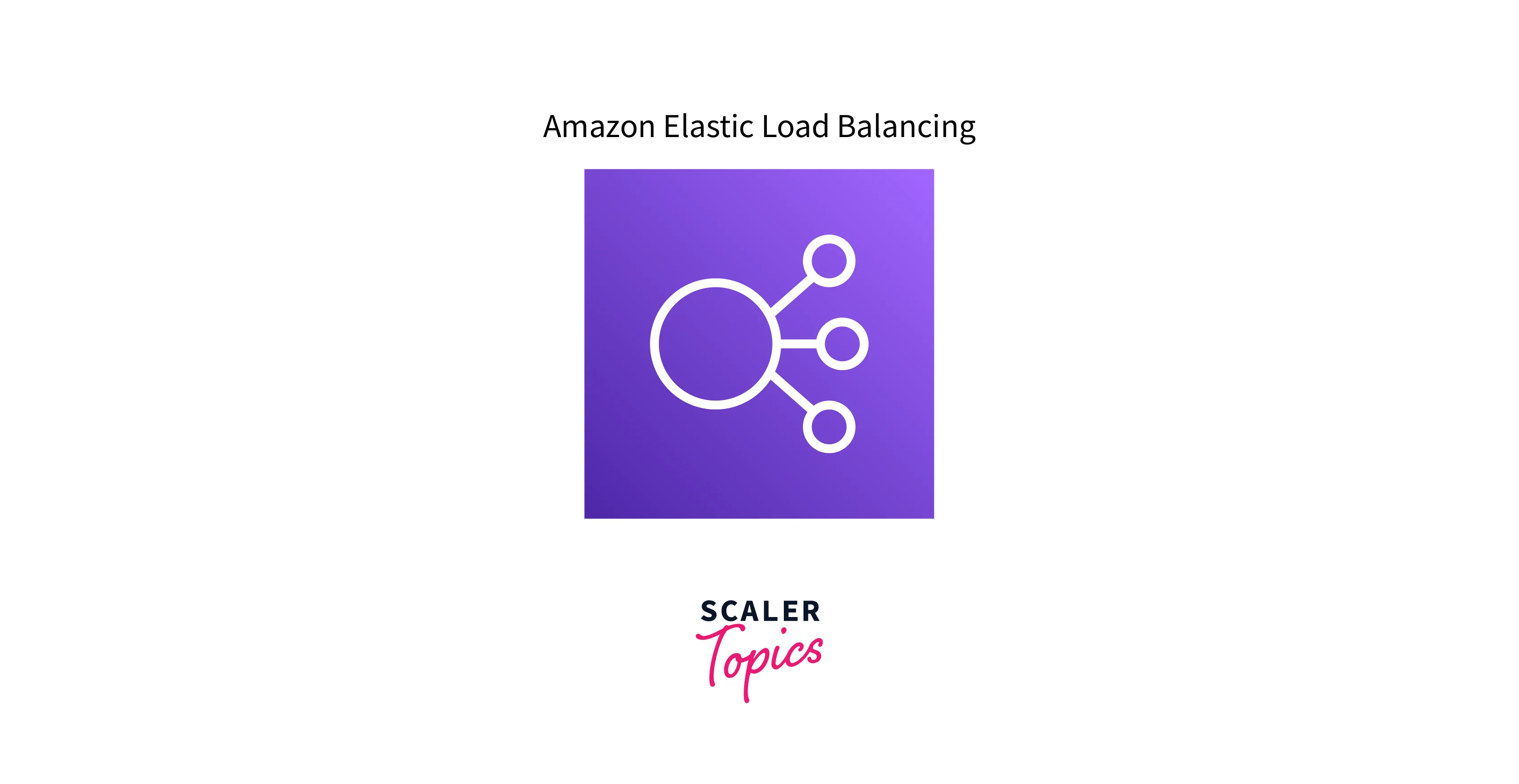
Amazon Security Group
An Amazon Security Group is a virtual firewall that controls traffic to and from an Amazon EC2 instance in AWS. It acts as a barrier and only allows traffic that is explicitly permitted. Each security group can have multiple rules to control traffic based on IP addresses, ports, and protocols. By default, all incoming traffic is denied, and users must explicitly allow incoming traffic by adding rules. Users can also specify outbound rules to control traffic leaving the instance. Amazon Security Groups provide an additional layer of security to EC2 instances and are a crucial part of a secure AWS infrastructure. You can learn more about AWS Security Groups by Clicking Here.
Amazon CloudFront
Amazon CloudFront is a content delivery network (CDN) service offered by AWS that enables businesses to distribute content globally with low latency and high transfer speeds. CloudFront works by caching content at edge locations, which are geographically distributed data centers that store copies of content closer to end users. When a user requests content, CloudFront automatically delivers the content from the nearest edge location, reducing latency and improving performance. CloudFront also integrates with other AWS services, such as S3 and EC2, and supports features such as custom SSL certificates, origin shielding, and real-time logs. CloudFront is widely used for delivering web applications, APIs, video streaming, and other content to global audiences.
You can explore Amazon CloudFront by Clicking Here.
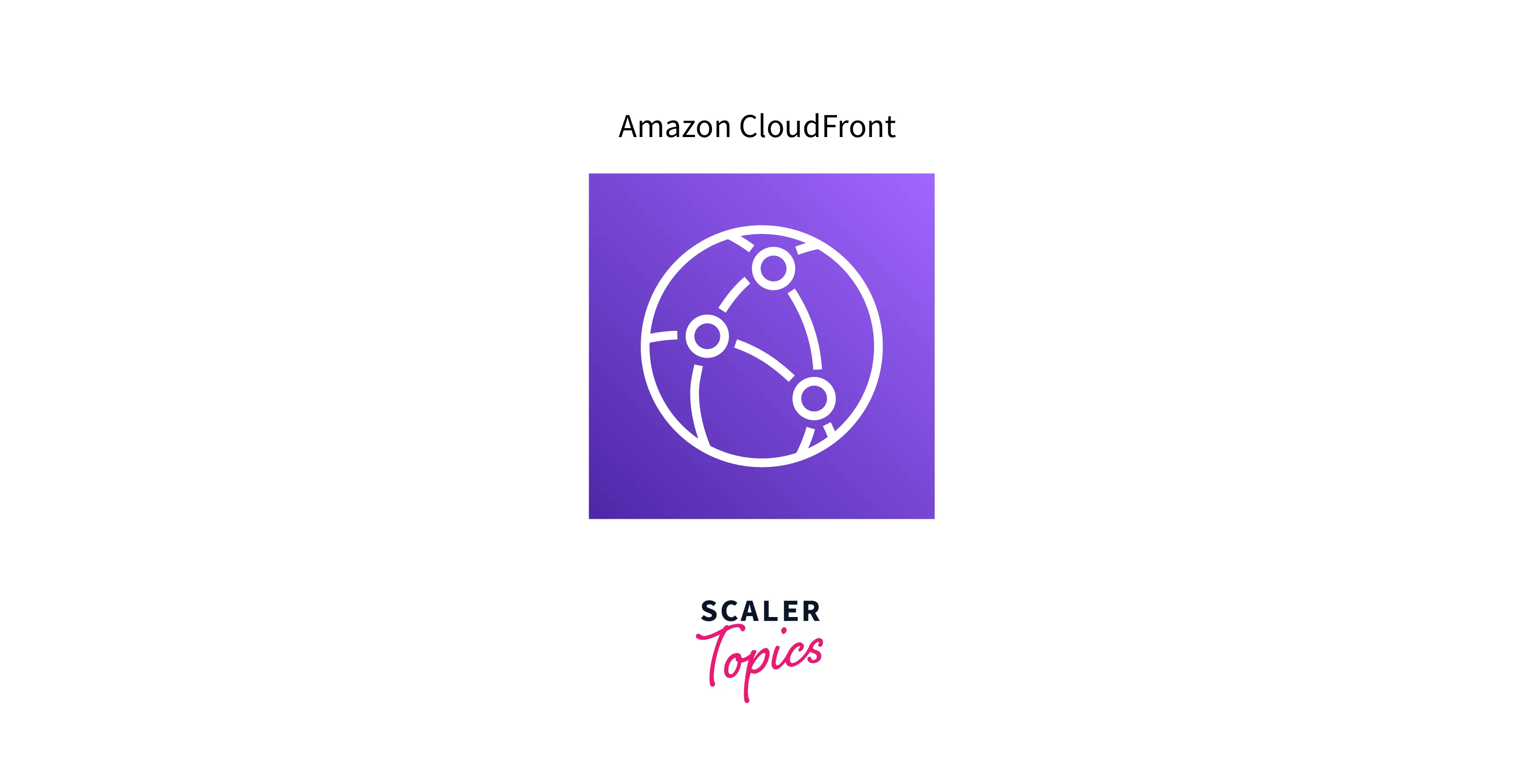
ElastiCache
ElastiCache is a web service from Amazon Web Services (AWS) that allows developers to deploy, manage, and scale an in-memory data store or cache in the cloud. It provides a high-performance, highly available, and cost-effective caching solution, which makes it easy to manage and scale a distributed in-memory data store or cache cluster without having to set up and maintain complex in-house solutions. ElastiCache supports two popular open-source in-memory data stores:
- Memcached
- Redis
ElastiCache allows users to quickly deploy, operate, and scale an in-memory cache in the cloud, providing improved performance, scalability, and availability for web applications, mobile applications, gaming applications, and more. ElastiCache also provides a range of features, such as backups and replicas, to ensure the high availability and scalability of the solution. You can learn more about AWS ElastiCache by Clicking Here.
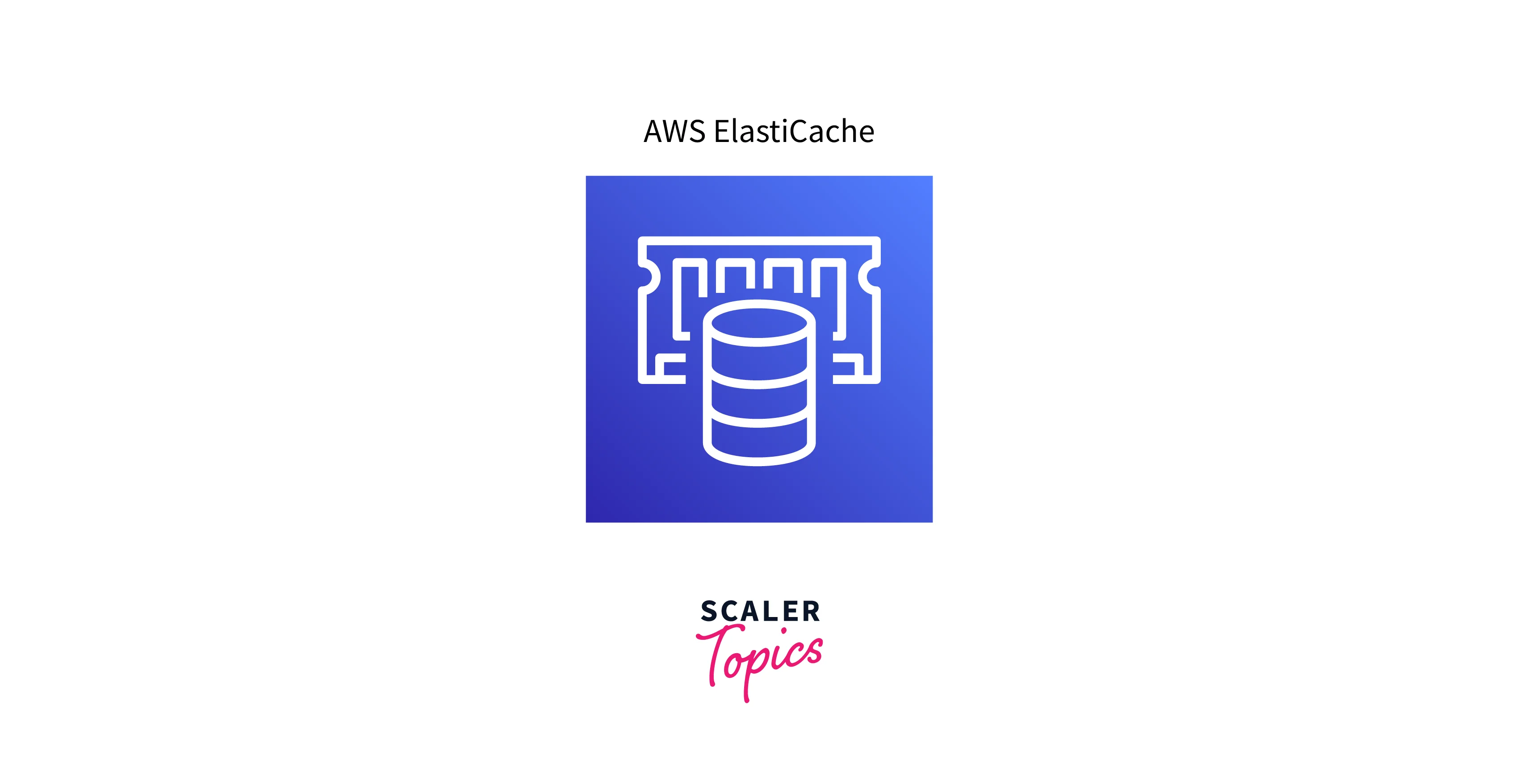
Amazon’s Simple Storage Service (S3)
Amazon S3 (Simple Storage Service) is an object storage service offered by AWS that provides highly scalable and durable storage for any type of data, such as documents, images, videos, and application backups. S3 stores object as a file in a bucket, which is a container for storing objects. S3 provides features such as versioning, cross-region replication, lifecycle policies, and security controls to help users manage their data effectively. S3 is highly scalable and flexible, and its pay-as-you-go pricing model makes it cost-effective for businesses of all sizes. S3 integrates seamlessly with other AWS services, such as EC2, Lambda, and CloudFront.
You can learn more about AWS Simple Storage Service (S3) by Clicking Here.
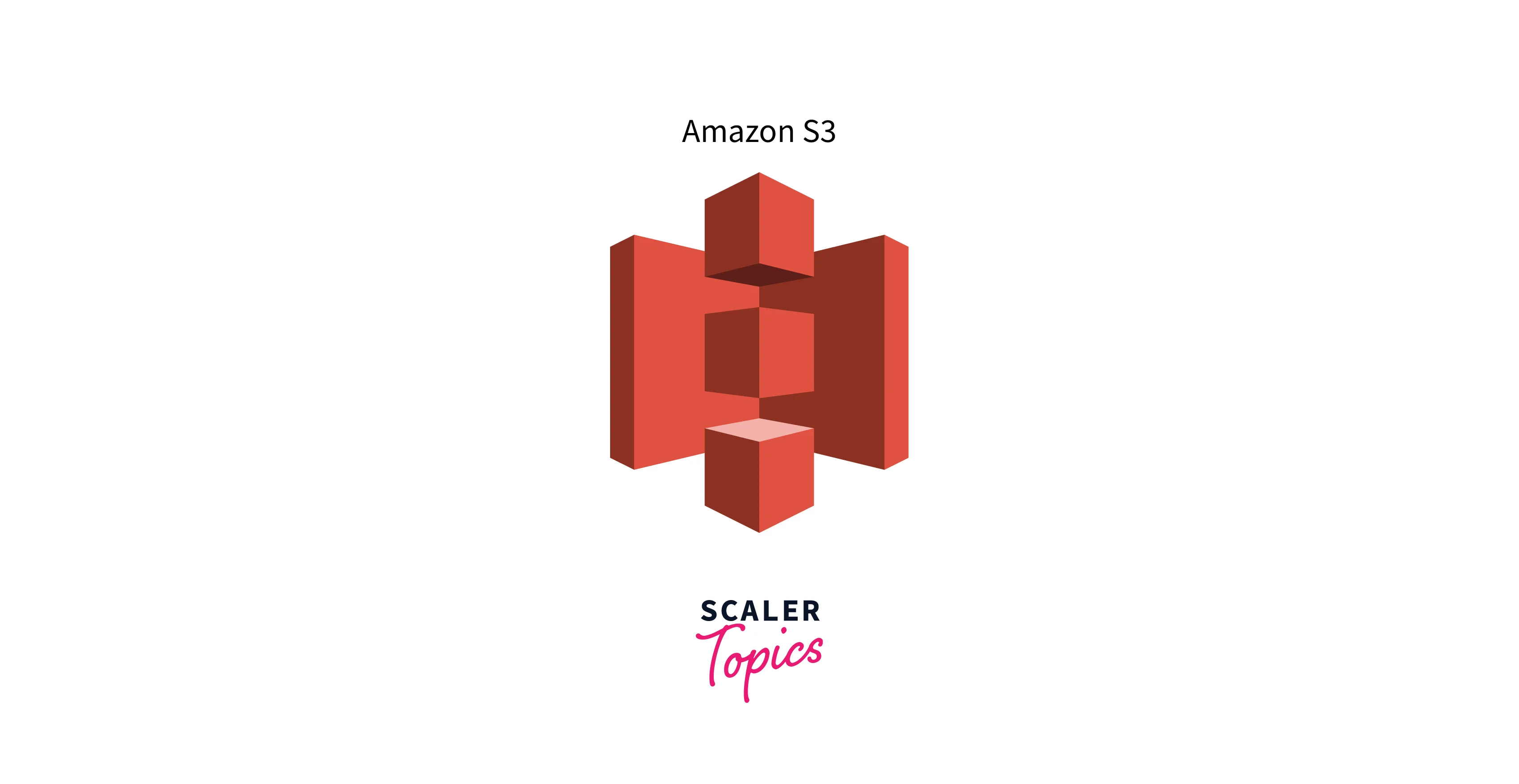
Amazon Relational Database Services (RDS)
Amazon RDS (Relational Database Service) is a managed database service offered by Amazon Web Services (AWS). It provides easy deployment and administration of popular relational database engines such as MySQL, PostgreSQL, Oracle, and Microsoft SQL Server. With RDS, users can easily create, operate, and scale relational databases in the cloud, without having to worry about infrastructure management tasks like hardware provisioning, software patching, and backups. RDS provides high availability, durability, and performance, making it a popular choice for many organizations that require a reliable, scalable, and cost-effective database solution.
You can learn more about AWS Relational Database Service (RDS) by Clicking Here.
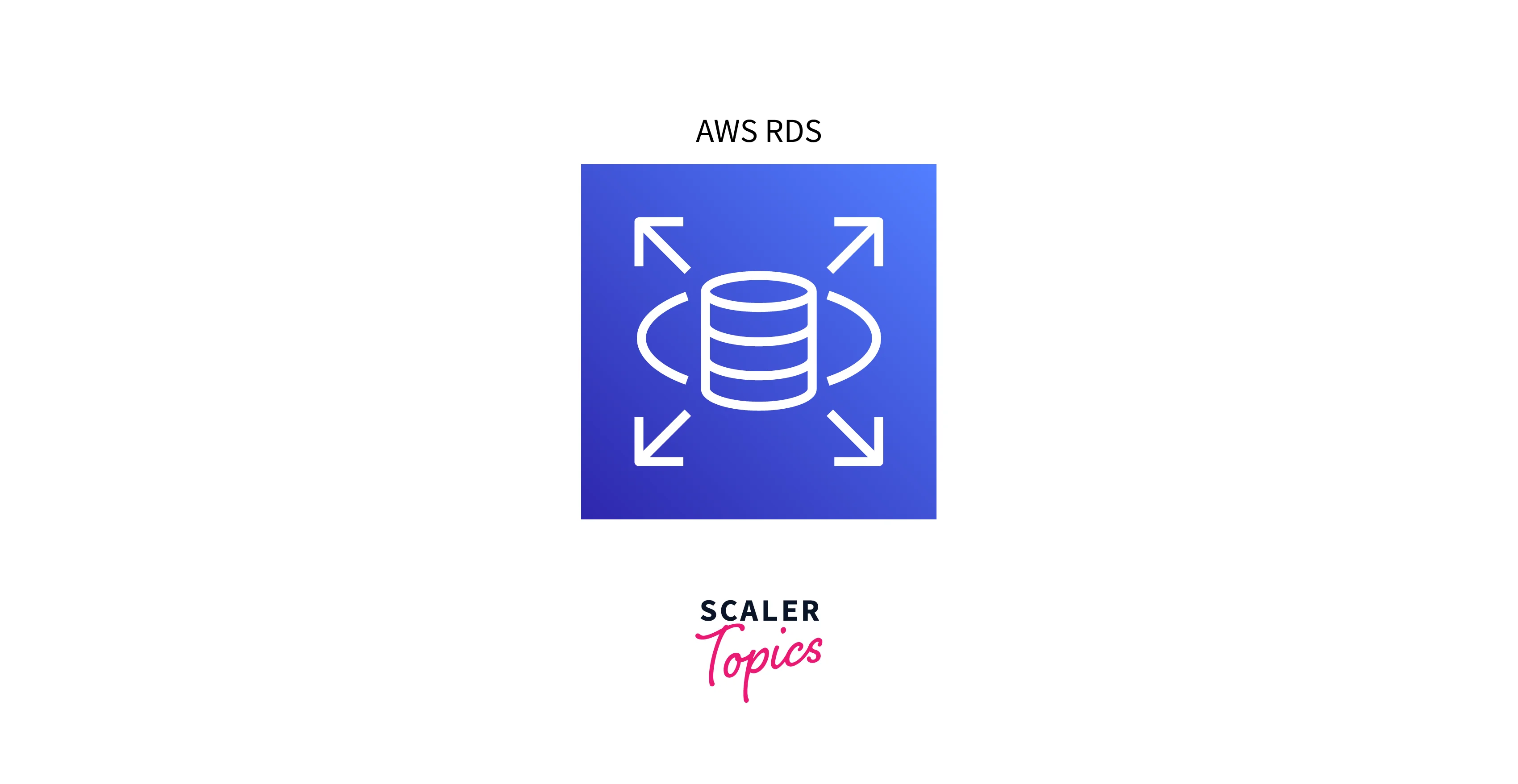
Amazon Elastic Block Store (EBS)
Amazon Elastic Block Store (EBS) is a persistent block storage service offered by Amazon Web Services (AWS). It provides highly available and reliable block-level storage volumes that can be attached to Amazon Elastic Compute Cloud (EC2) instances. EBS volumes can be used to store data that requires frequent access, or for applications that require high throughput and low-latency access to data. EBS provides a range of volume types, including General Purpose SSD, Provisioned IOPS SSD, and Magnetic, that offer varying levels of performance and cost. EBS volumes can be backed up, snapshotted, and encrypted to provide data protection and security.
You can learn more about AWS Elastic Block Store (EBS) by Clicking Here.
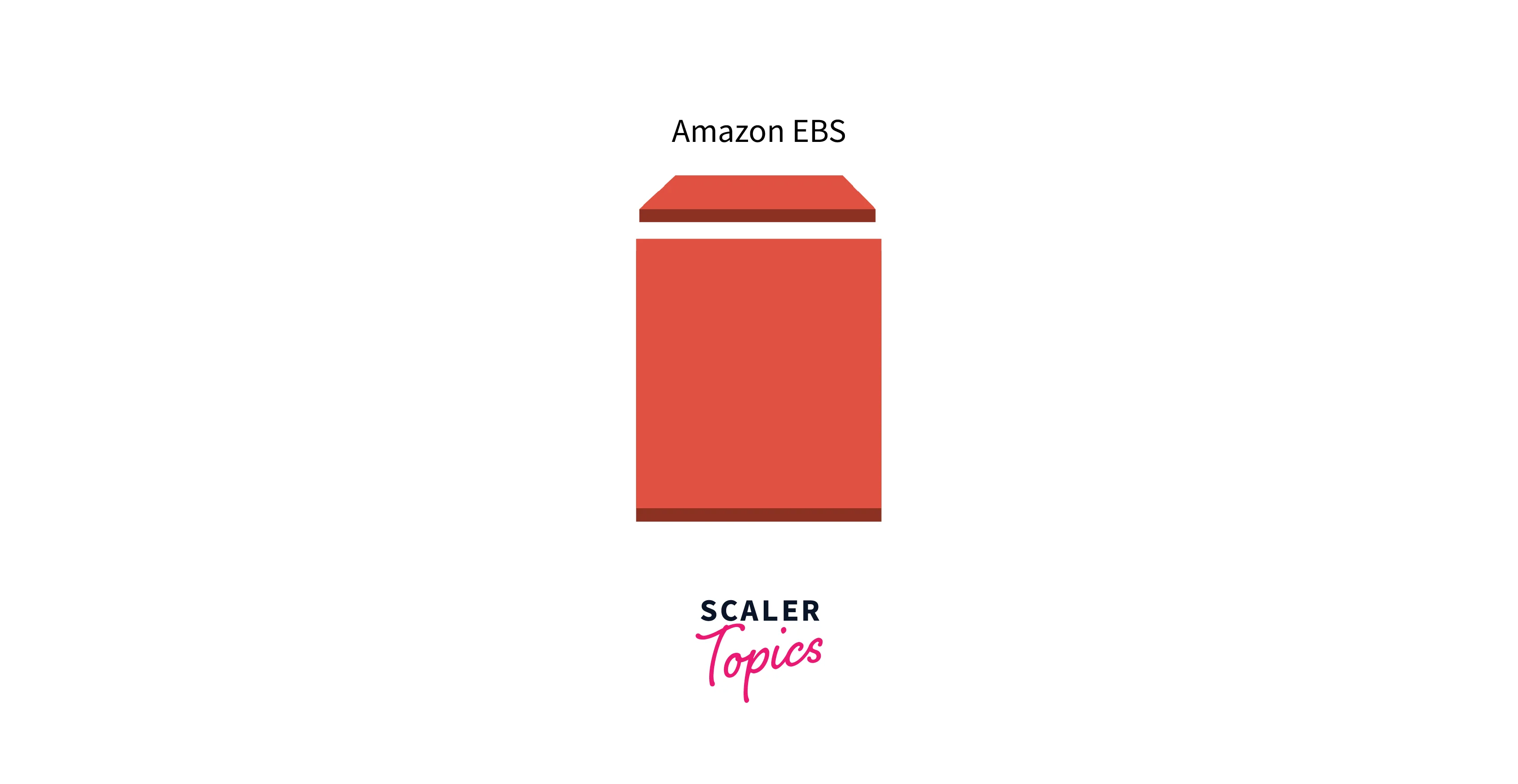
Amazon Auto-Scaling
Auto Scaling is a feature provided by Amazon Web Services (AWS) that allows users to automatically scale their applications in response to changes in demand. With Auto Scaling, users can set up rules that dynamically adjust the number of Amazon Elastic Compute Cloud (EC2) instances running their application based on metrics such as CPU utilization, network traffic, and application response time. Auto Scaling ensures that the application can handle sudden spikes in traffic, as well as reduce costs during periods of low demand. Users can also configure Auto Scaling to launch instances in different Availability Zones to ensure high availability and fault tolerance.
You can learn more about AWS Auto-Scaling by Clicking Here.
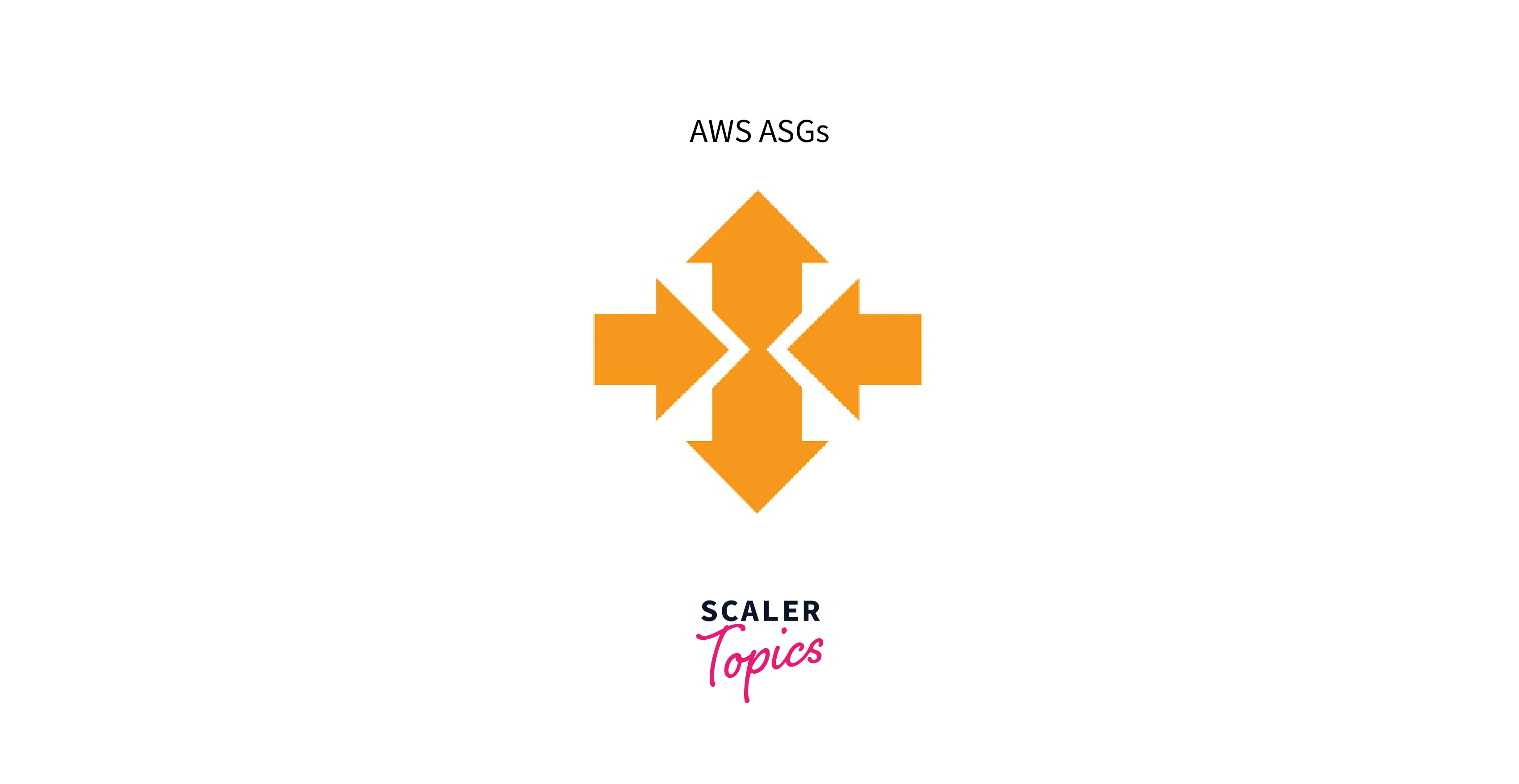
AWS Certified DevOps Engineers
AWS Certified DevOps Engineers are professionals who have demonstrated expertise in deploying, operating, and managing applications on the Amazon Web Services (AWS) platform using DevOps practices.
The AWS Certified DevOps Engineer certification exam validates an individual's ability to design, deploy, and manage AWS applications using best practices in continuous integration and continuous delivery (CI/CD), infrastructure as code (IaC), and monitoring and logging.
To become AWS Certified DevOps Engineer, candidates must have a solid understanding of AWS services, DevOps methodologies, and automation tools, and must be able to implement DevOps practices to optimize application delivery and infrastructure efficiency on AWS. AWS Certified DevOps Engineers are in high demand by organizations looking to improve their software development and delivery processes on AWS.
AWS Certified DevOps Engineer Certification Exam's key highlights are as follows:
- Cost: USD 300
- Time Duration: 180 Minutes
- Total Questions: 75
You can check about AWS Certified DevOps Engineer Certification Exam details by Clicking Here.
AWS DevOps Tools
AWS DevOps tools are a set of services and tools provided by Amazon Web Services (AWS) to support DevOps practices in software development and delivery. These tools cover the entire software development lifecycle, from planning and development to testing, deployment, and monitoring. Some of the popular AWS DevOps tools are as follows:
AWS CodeStar
AWS CodeStar is a cloud-based service offered by Amazon Web Services (AWS) that provides a complete development environment for building, testing, and deploying applications on AWS. It allows users to quickly set up a software development project with pre-configured project templates and continuous delivery pipelines, as well as integrated AWS services and third-party tools. CodeStar supports a range of programming languages and platforms, including Java, Python, Ruby, Node.js, and more. It provides a unified dashboard for project management, collaboration, and monitoring, making it easier for teams to work together and deliver applications faster. CodeStar helps teams reduce the time and effort required to set up a development environment and accelerates the adoption of AWS DevOps.
You can learn more about AWS CodeStar by Clicking Here.
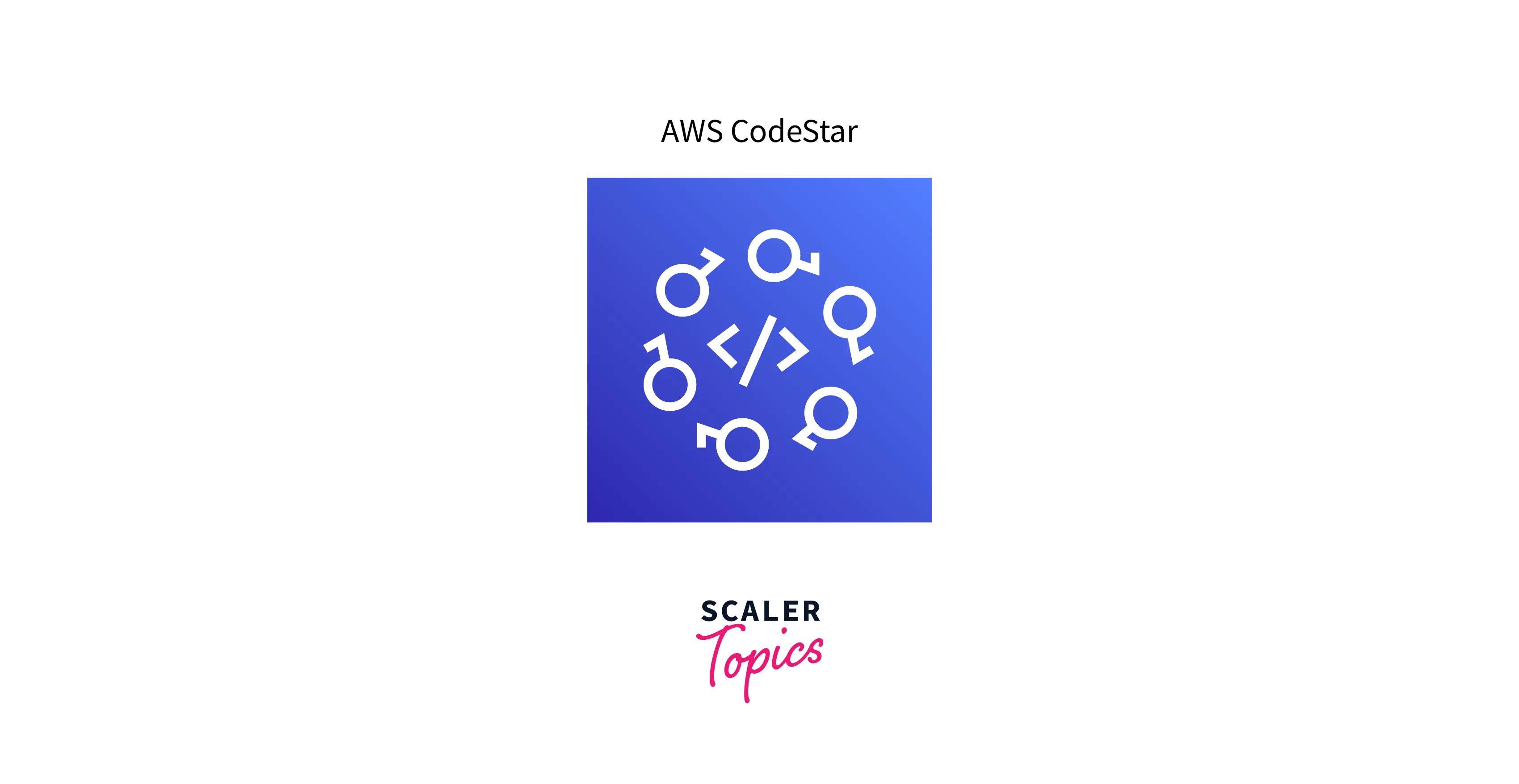
AWS CodePipeline
[AWS CodePipeline](https://aws.amazon.com/codepipeline/"{rel=noopener nofollow}" ) is a fully managed continuous delivery service offered by Amazon Web Services (AWS) that automates the build, test, and deployment of applications. It allows users to create a continuous delivery workflow that integrates with a range of AWS and third-party services, including AWS CodeCommit, AWS CodeBuild, AWS CodeDeploy, and more. CodePipeline provides a visual pipeline editor that allows users to create and configure their continuous delivery pipelines using a drag-and-drop interface. It supports a range of source code repositories and deployment targets, including EC2 instances, Lambda functions, and Elastic Beanstalk environments. CodePipeline helps teams improve software delivery agility and reliability and enables faster time to market for their applications.
You can learn more about AWS CodePipeline by Clicking Here.
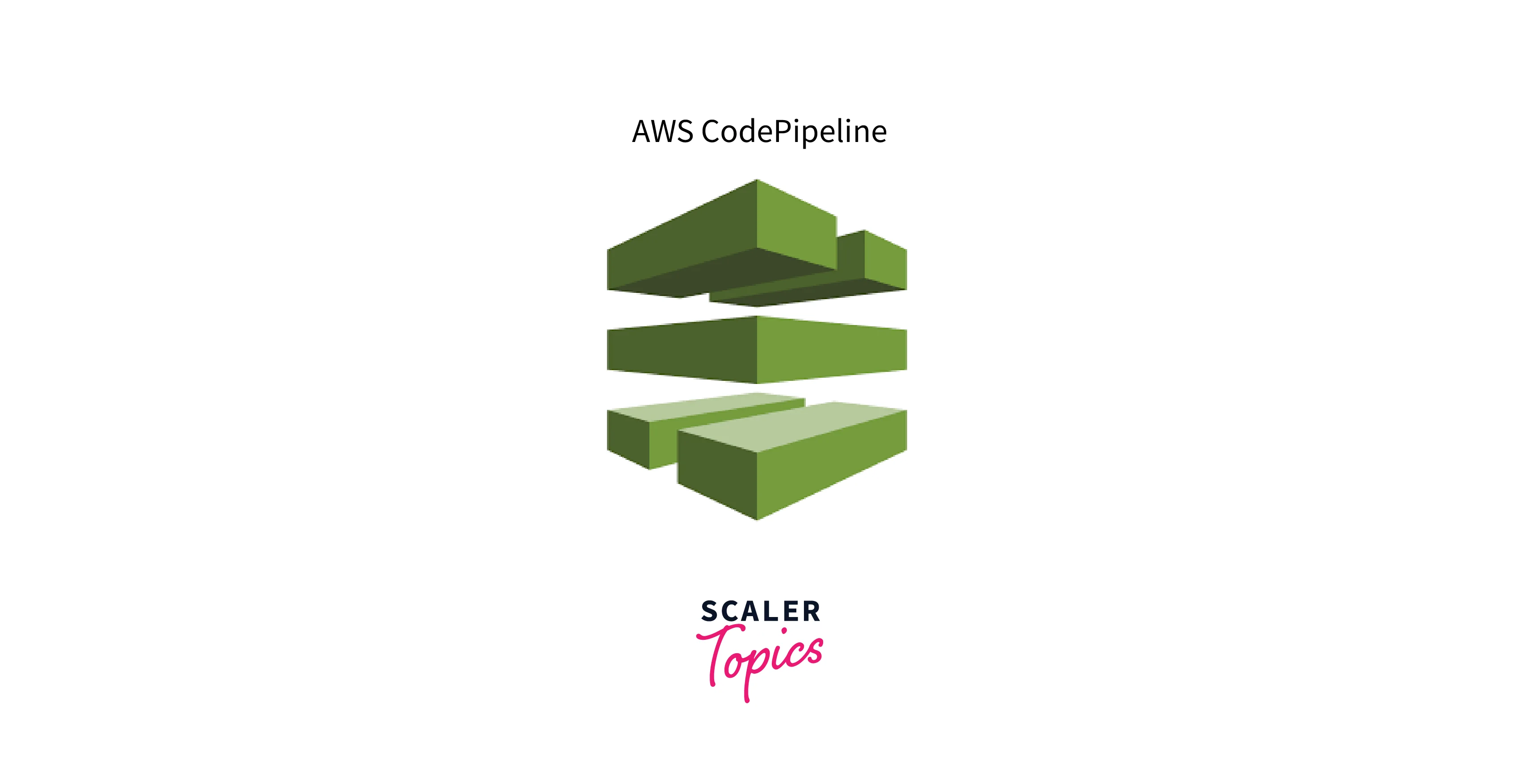
AWS CodeBuild
AWS CodeBuild is a fully managed build service by Amazon Web Services that compiles source code, runs tests, and produces software products that are ready to deploy. It is a continuous integration and continuous delivery (CI/CD) service that enables developers to quickly build, test, and deploy applications stored in AWS CodeCommit, GitHub, or other source code repositories. CodeBuild automates the steps required to create software packages from source code, including compiling, testing, and packaging. It can also be used in conjunction with other AWS services such as Amazon CloudWatch, Amazon S3, and Amazon Kinesis for further customization. CodeBuild is designed to be easy to use and scale, with the ability to build multiple projects in parallel.
You can learn more about AWS CodeBuild by Clicking Here.
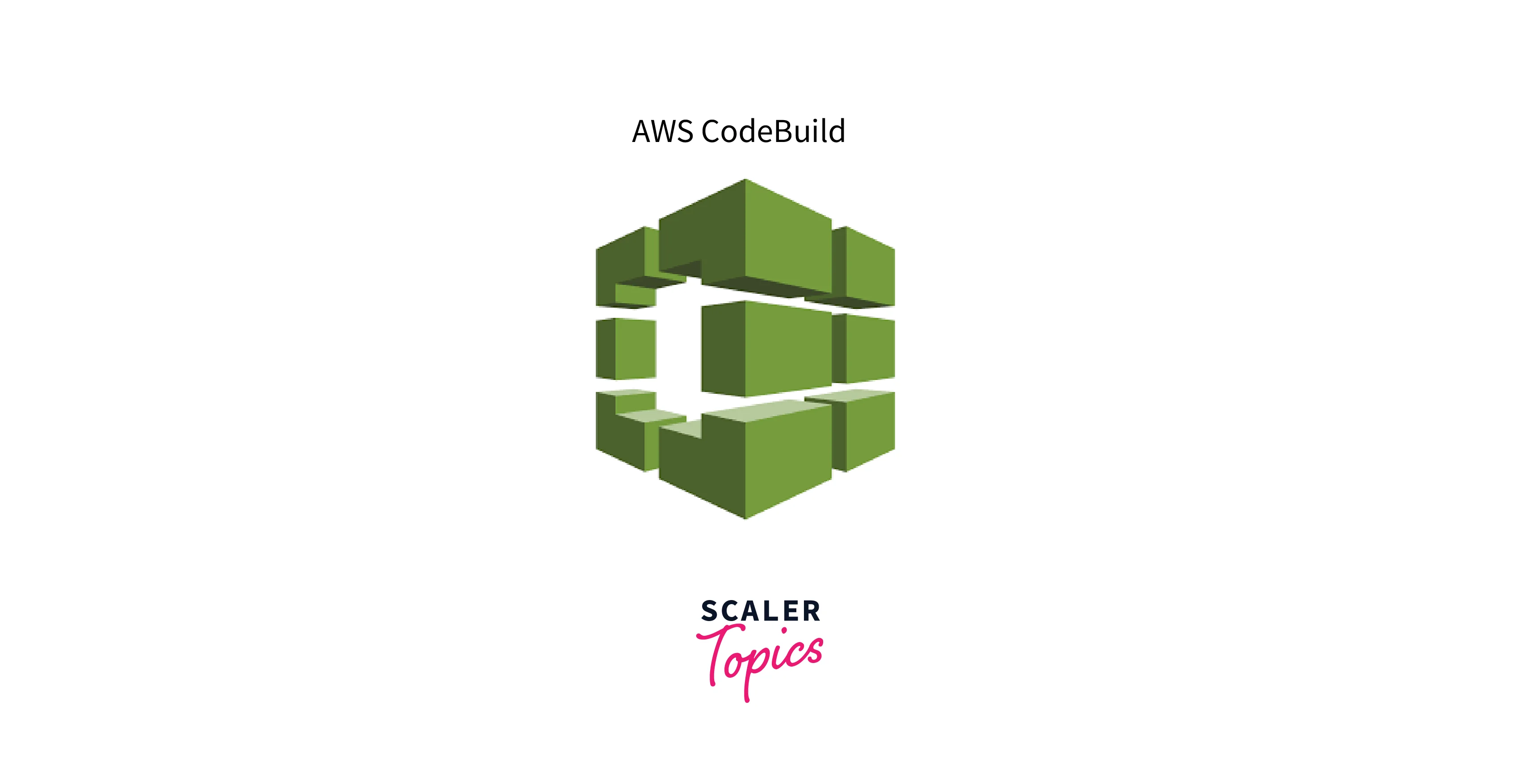
AWS CodeDeploy
AWS CodeDeploy is a fully managed deployment service offered by Amazon Web Services (AWS) that automates software deployments to a variety of computing services, including Amazon Elastic Compute Cloud (EC2) instances, Lambda functions, and on-premises servers. It allows users to deploy code from source code repositories, such as GitHub and AWS CodeCommit and supports a range of deployment strategies, including rolling deployments, blue/green deployments, and canary deployments. CodeDeploy provides a centralized dashboard that allows users to track the progress of their deployments and monitor the health of their application instances. CodeDeploy helps teams improve software delivery speed, reduce downtime, and increase deployment success rates.
You can learn more about AWS CodeDeploy by Clicking Here.
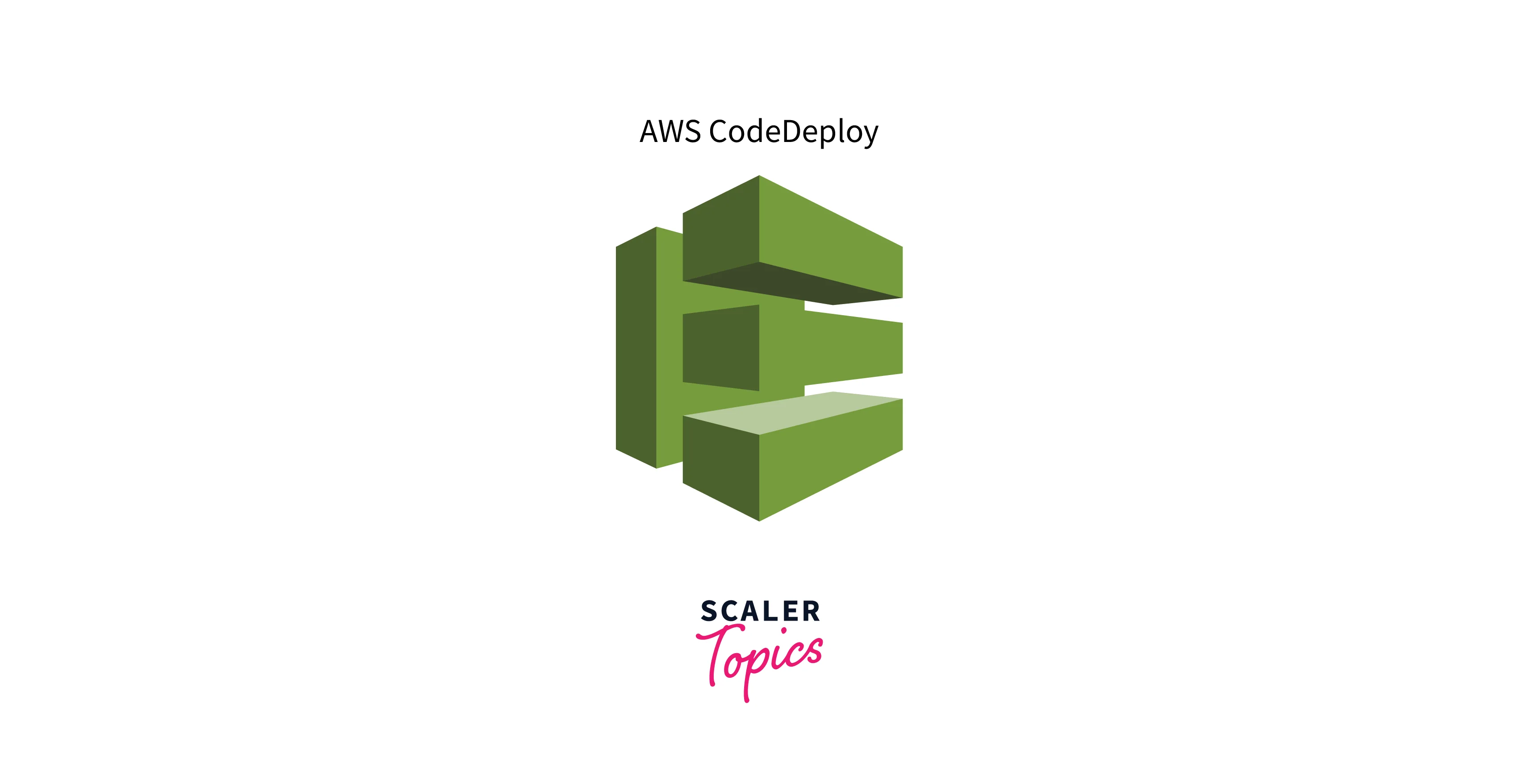
AWS Cloud Development Kit
AWS Cloud Development Kit (CDK) is an open-source software development framework offered by Amazon Web Services (AWS) that allows users to define cloud infrastructure in code using familiar programming languages such as TypeScript, Python, and Java. It provides a higher level of abstraction than traditional cloud formation templates, making it easier for developers to model and provision cloud resources. CDK generates cloud formation templates from the code, enabling the resources to be deployed using AWS CloudFormation. CDK supports a wide range of AWS services and features and allows users to reuse code across multiple AWS accounts and regions. It helps teams improve infrastructure as code development and management and accelerates the adoption of DevOps practices on AWS.
You can learn more about AWS Cloud Development Kit by Clicking Here.
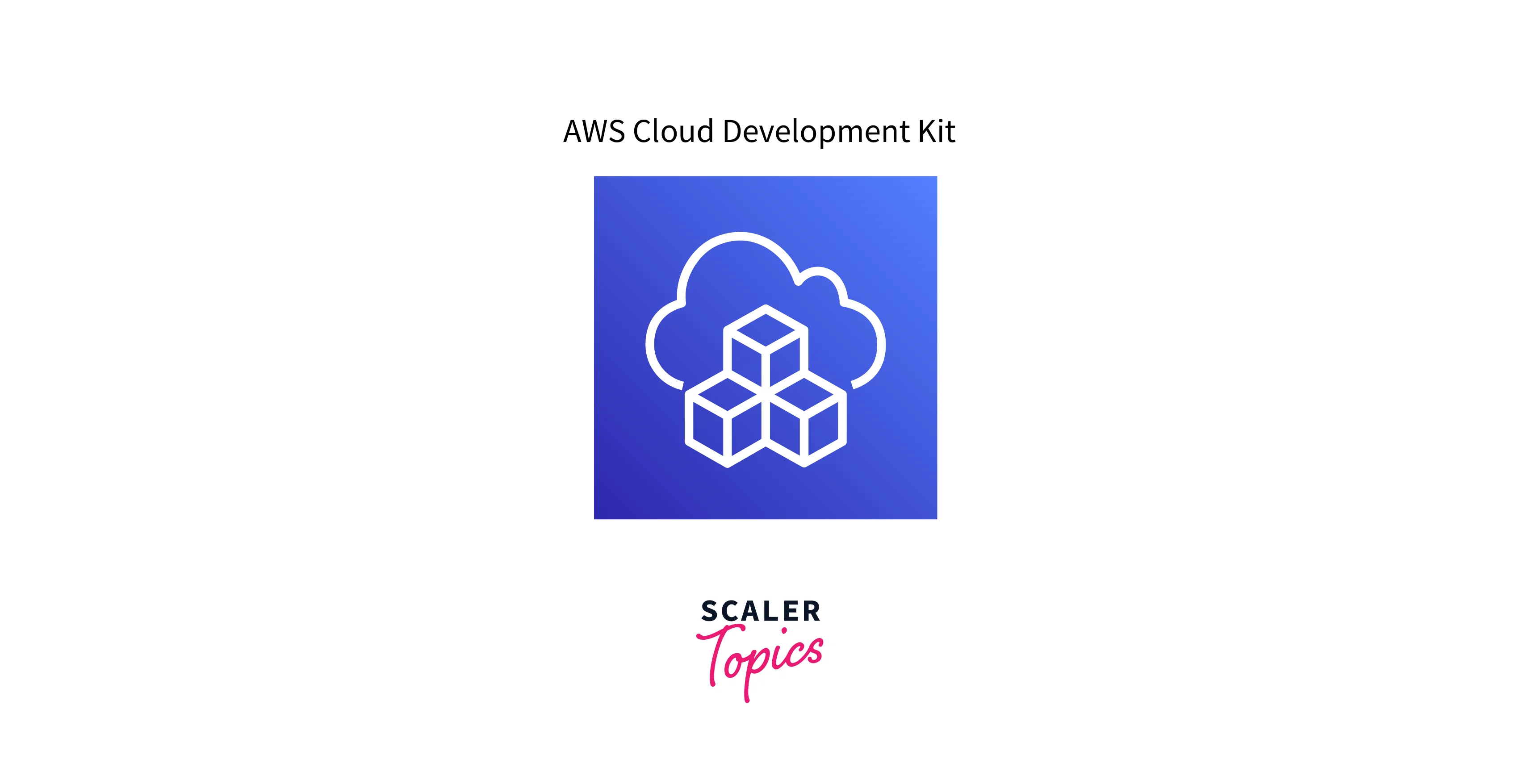
AWS DevOps Use Cases
Some common use cases of AWS DevOps are as follows:
Infrastructure Automation
Infrastructure automation is a core use case of AWS DevOps that allows teams to automate the provisioning, configuration, and management of infrastructure on AWS. This can reduce manual errors, improve consistency, increase scalability, and enable faster and more reliable software delivery.
CI/CD
CI/CD is helpful in AWS DevOps in a way that it enables teams to automate the continuous integration, testing, and deployment of software on AWS. This can help reduce time to market, increase software quality, and improve team collaboration and agility.
Infrastructure as a Code
Infrastructure as Code (IaC) is a core principle of AWS DevOps that allows teams to define and manage infrastructure using code. This can improve efficiency, reduce errors, increase consistency, and enable faster and more reliable infrastructure provisioning and management on AWS.
Collaboration and Communication
This involves teams working together to streamline processes, automate tasks, and develop applications on AWS. This way, teams can quickly and easily collaborate on projects, share code, and resources, and communicate with each other securely and efficiently.
Logging and Monitoring
Logging and Monitoring is crucial in AWS DevOps which involves collecting and analyzing data from various sources to gain insight into system performance, identify potential issues, and ensure the reliability and availability of applications. It involves setting up tools such as CloudWatch, CloudTrail, and X-Ray to collect logs, metrics, and traces to monitor and troubleshoot applications.
AWS Device Farm
[AWS Device Farm](https://aws.amazon.com/device-farm/"{rel=noopener nofollow}") is a cloud-based service in AWS DevOps that enables developers to test their mobile apps on a wide range of real mobile devices to ensure compatibility and functionality. It provides automated testing tools, supports multiple frameworks and languages, and helps identify bugs and performance issues across different platforms and devices.
Azure DevOps vs AWS DevOps
| Features | Azure DevOps | AWS DevOps |
|---|---|---|
| Pricing | Monthly subscription per user | Pay-as-you-go pricing model |
| Source Control | Git, TFVC | Git, AWS CodeCommit |
| Build | Azure Pipelines | AWS CodeBuild |
| Test | Azure Test Plans, Selenium | AWS CodeBuild, AWS Device Farm, Selenium |
| Deploy | Azure Pipelines | AWS CodeDeploy, AWS CloudFormation, AWS Elastic Beanstalk |
| Artifact Management | Azure Artifacts | AWS CodeArtifact |
| Monitoring | Azure Monitor, Application Insights | AWS CloudWatch, AWS X-Ray |
| Logging | Azure Monitor, Log Analytics, Application Insights | AWS CloudTrail, AWS CloudWatch Logs, AWS X-Ray |
| Infrastructure as Code | Azure Resource Manager templates | AWS CloudFormation, AWS CDK |
| DevOps Integration | Integrates well with Microsoft toolchain | Integrates well with AWS toolchain |
Benefits of AWS DevOps
Here are some benefits of AWS DevOps:
- Scalability: AWS DevOps provides the ability to scale infrastructure and resources quickly, reducing the time and effort required to manage infrastructure.
- Automation: DevOps in AWS provides automated tools for building, testing, and deploying applications, streamlining the development process and reducing the risk of human error.
- Cost-Effectiveness: AWS DevOps eliminates the need for maintaining physical hardware, reducing costs and overhead associated with on-premises infrastructure.
- Agility: With AWS DevOps, organizations can deliver applications and services faster, which means they can respond to changing business requirements quickly and stay ahead of the competition.
- Reliability: AWS DevOps includes features such as continuous monitoring and automated testing, which improve application reliability and reduce downtime.
- Security: AWS DevOps provides a secure infrastructure with a range of built-in security features and the ability to customize security configurations to meet specific needs.
- Collaboration: AWS DevOps encourages collaboration among development, operations, and security teams, leading to better communication and more efficient development processes.
How to Learn AWS DevOps?
Learning AWS DevOps involves gaining an understanding of the various AWS services and how to use them to manage applications and infrastructure. There are many online courses, tutorials, and books available to help learn AWS DevOps.
Here are some ways to learn AWS DevOps:
- Start with The Fundamentals: Begin by familiarizing yourself with AWS services and DevOps concepts. Understand the basics of continuous integration and delivery, infrastructure as code, and automation.
- Get Certified: AWS offers several certifications that can validate your knowledge and skills in DevOps. Consider taking the AWS Certified DevOps Engineer certification exam.
- Learn The Tools: AWS DevOps involves using a range of tools such as AWS CodePipeline, AWS CodeBuild, and AWS CodeDeploy. Learn how to use these tools effectively to build, test, and deploy applications in the cloud.
- Hands-On Experience: Practice building and deploying applications on AWS by creating your projects. Use AWS services to build a CI/CD pipeline and deploy your applications to the cloud.
- Learn From Others: Join online communities such as AWS DevOps forums and attend conferences and meetups to learn from experts in the field.
- Continuous Learning: DevOps is a constantly evolving field, so make sure to stay up-to-date with the latest developments and new AWS services by reading blogs, attending webinars, and taking courses.
- Practice DevOps Culture: DevOps is not just about tools and technologies, it's also about culture and collaboration. Practice working collaboratively with development, operations, and security teams to achieve common goals.
By following these steps, you can build a solid foundation in AWS DevOps and gain the skills and knowledge needed to build, test, and deploy applications in the cloud effectively. You can learn AWS from Scaler Topics by Clicking Here.
AWS DevOps Jobs and Salaries
AWS DevOps is a set of practices and tools designed to help organizations effectively and efficiently manage their software development and deployment process. DevOps is an important part of Amazon Web Services (AWS), and AWS DevOps jobs are in high demand. AWS DevOps jobs involve designing, developing, and maintaining the cloud-based systems and services used to build, deploy, and manage applications. These jobs typically involve developing, deploying, and managing applications in the cloud using various AWS services such as Amazon Elastic Compute Cloud (EC2), Amazon Simple Storage Service (S3), Amazon Relational Database Service (RDS), and others.
AWS DevOps salaries vary depending on experience, location, and job role. According to PayScale, the average salary range for AWS DevOps engineers is $99,000 - $152,000 per year, with the highest salaries being paid in cities such as San Francisco, Seattle, and New York.
Here's an overview of AWS DevOps jobs and salaries:
- AWS DevOps Engineer: As an AWS DevOps Engineer, you will be responsible for building and maintaining CI/CD pipelines, automating infrastructure deployment, and ensuring the reliability and security of applications in the cloud. The average salary for an AWS DevOps Engineer in the United States is around $119,000 per year.
- Cloud Infrastructure Engineer: Cloud Infrastructure Engineers are responsible for designing and implementing cloud infrastructure solutions, including networking, security, and scaling. The average salary for a Cloud Infrastructure Engineer in the United States is around $105,000 per year.
- Cloud Security Engineer: Cloud Security Engineers are responsible for securing cloud infrastructure and applications by implementing security best practices, monitoring for vulnerabilities, and responding to incidents. The average salary for a Cloud Security Engineer in the United States is around $116,000 per year.
- Site Reliability Engineer: Site Reliability Engineers are responsible for ensuring the reliability, availability, and performance of applications in the cloud. They use automation and monitoring tools to identify and resolve issues proactively. The average salary for a Site Reliability Engineer in the United States is around $120,000 per year.
Salaries for AWS DevOps jobs can vary depending on factors such as location, experience, and specific skills required for the role. However, in general, AWS DevOps roles tend to offer competitive salaries and benefits packages. Additionally, as cloud adoption continues to grow, the demand for AWS DevOps professionals is expected to increase, making it an attractive and lucrative career path for those interested in cloud computing and automation.
Harness the Force of DevOps: Enlist in Our DevOps Online Course for Practical Insights and In-Depth Learning. Enroll Now!
Conclusion
- AWS DevOps is the combination of AWS services and practices for collaboration, automation, and continuous delivery in software development.
- AWS (Amazon Web Services) is a secure cloud services platform offering computing power, database storage, content delivery, and other services.
- The Architecture of AWS DevOps includes Load Balancing, Amazon Security Group, Amazon CloudFront, ElastiCache, Amazon S3, Amazon RDS, Amazon EBS, and Amazon Auto-scaling.
- AWS DevOps tools include AWS CodeStar, AWS CodePipeline, AWS CodeBuild, AWS CodeDeploy, and AWS Cloud Development Kit.
- Use cases of AWS DevOps are Infrastructure Automation, CI/CD, Infrastructure as a Code, Collaboration and Communication, Logging, and Monitoring, etc.
- The Benefits of AWS DevOps are security, scalability, agility, cost-effectiveness, etc.
- We can learn AWS DevOps from online courses, tutorials, books, webinars, etc.
- AWS DevOps Engineer, Site Reliability Engineer, Cloud Infrastructure Engineer, Cloud Security Engineer, etc. are various jobs for AWS DevOps.
- Salary for AWS DevOps Engineers ranges from $99,000 to $152,000 per annum.
MCQs
MCQ 1: What is the Primary Goal of DevOps?
Option 1: To separate development and operations teams
Option 2: To ensure that development and operations teams work together effectively
Option 3: To ensure that only developers work on production systems
Option 4: To prevent operations teams from accessing development environments
Correct Answer: 2
MCQ 2: Which AWS Service Provides Scalable Compute Capacity in the Cloud?
Option 1: Amazon S3
Option 2: Amazon EC2
Option 3: Amazon RDS
Option 4: Amazon CloudFront
Correct Answer: 2
MCQ 3: Which AWS Service Allows You to Manage and Deploy Your Applications Using a Continuous Delivery Approach?
Option 1: Amazon S3
Option 2: AWS CloudFormation
Option 3: AWS CodeDeploy
Option 4: Amazon Elastic Beanstalk
Correct Answer: 3
